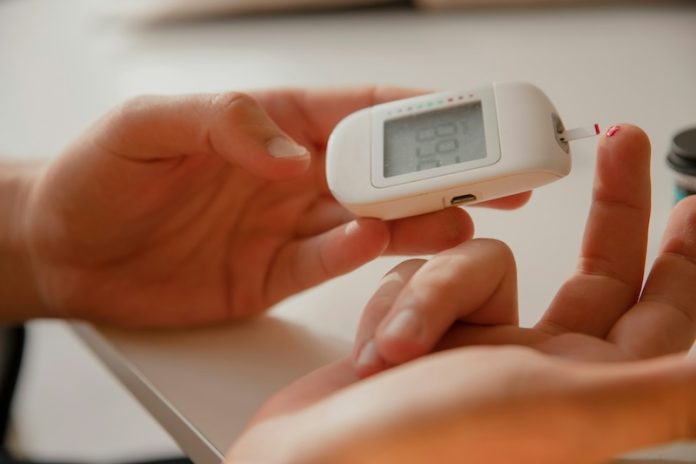
As we age, our bodies go through many changes, and one area that deserves extra attention is blood sugar control.
Blood sugar, or glucose, is the body’s main source of energy, but when it gets too high or too low, it can cause serious health problems.
After 50, managing blood sugar levels becomes even more important to protect your overall health and reduce the risk of chronic conditions like diabetes, heart disease, and even memory loss.
Blood sugar levels are controlled by a hormone called insulin, which helps move glucose from the bloodstream into your cells for energy. As we get older, our bodies often become less sensitive to insulin, a condition known as insulin resistance.
This means your body needs more insulin to keep blood sugar levels in a healthy range. If insulin resistance worsens, it can lead to prediabetes or type 2 diabetes, both of which are increasingly common in people over 50.
Type 2 diabetes is a condition where your body can’t properly regulate blood sugar levels, and it affects millions of people worldwide.
According to the Centers for Disease Control and Prevention (CDC), nearly 50% of adults over 50 have prediabetes, which means their blood sugar levels are higher than normal but not yet in the diabetes range.
The good news is that early detection and better management can help prevent or delay diabetes and its complications.
High blood sugar can quietly damage your body over time, even if you feel fine. It can harm blood vessels and nerves, increasing the risk of heart attacks, strokes, and kidney problems.
Vision can also be affected, as high blood sugar can damage the tiny blood vessels in your eyes, leading to conditions like diabetic retinopathy.
Moreover, research published in Diabetes Care shows a strong link between high blood sugar and an increased risk of Alzheimer’s disease, sometimes called “type 3 diabetes” because of its connection to insulin resistance in the brain.
Regular blood sugar checks are a key step in staying healthy. A simple blood test called the A1C test measures your average blood sugar levels over the past three months and can help your doctor see if your levels are in the healthy range.
The American Diabetes Association recommends an A1C level below 5.7% for people without diabetes, 5.7%–6.4% for prediabetes, and 6.5% or higher for diabetes.
A healthy diet is one of the most effective ways to manage blood sugar. Foods high in refined sugars and carbohydrates, like sugary snacks, white bread, and soda, can cause blood sugar spikes.
On the other hand, whole grains, vegetables, lean proteins, and healthy fats can help keep your levels steady. Exercise also plays a big role, as it helps your muscles use glucose more efficiently. Even a daily walk can make a big difference in how your body handles blood sugar.
Some practical tips for you
Eat Balanced Meals: Include a mix of protein, healthy fats, and fiber-rich carbs to avoid blood sugar spikes.
Watch Your Portions: Smaller meals spaced evenly throughout the day can help maintain steady blood sugar levels.
Stay Active: Aim for at least 30 minutes of moderate exercise, like brisk walking, most days of the week.
Monitor Your Blood Sugar: Use a home glucose monitor or have regular check-ups to stay informed.
Cut Back on Sugar: Replace sugary drinks with water or unsweetened tea, and opt for fresh fruit instead of desserts.
Taking control of your blood sugar after 50 is one of the best ways to protect your health and enjoy a more active, worry-free life. Small changes to your diet and lifestyle can make a big difference, so start today—your future self will thank you!
If you care about diabetes, please read studies about the cooking connection between potatoes and diabetes, and low calorie diets may help reverse type 2 diabetes.
For more health information, please see recent studies about protein power: a new ally in diabetes management, and pineapple and diabetes: A sweet surprise.
Copyright © 2025 Knowridge Science Report. All rights reserved.



